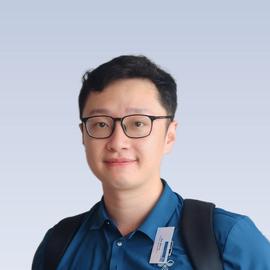Abstract
The distillable randomness of a bipartite quantum state is an information-theoretic quantity equal to the largest net rate at which shared randomness can be distilled from the state by means of local operations and classical communication. This quantity has been widely used as a measure of classical correlations, and one version of it is equal to the regularized Holevo information of the ensemble that results from measuring one share of the state. However, due to the regularization, the distillable randomness is difficult to compute in general. To address this problem, we define measures of classical correlations and prove a number of their properties, most importantly that they serve as upper bounds on the distillable randomness of an arbitrary bipartite state. We then further bound these measures from above by some that are efficiently computable by means of semi-definite programming, we evaluate one of them for the example of an isotropic state, and we remark on the relation to quantities previously proposed in the literature.
Publication
2023 IEEE Information Theory Workshop (ITW)

Associate Professor
Prof. Xin Wang founded the QuAIR lab at HKUST(Guangzhou) in June 2023. His research primarily focuses on better understanding the limits of information processing with quantum systems and the power of quantum artificial intelligence. Prior to establishing the QuAIR lab, Prof. Wang was a Staff Researcher at the Institute for Quantum Computing at Baidu Research, where he concentrated on quantum computing research and the development of the Baidu Quantum Platform. Notably, he spearheaded the development of Paddle Quantum, a Python library designed for quantum machine learning. From 2018 to 2019, Prof. Wang held the position of Hartree Postdoctoral Fellow at the Joint Center for Quantum Information and Computer Science (QuICS) at the University of Maryland, College Park. He earned his doctorate in quantum information from the University of Technology Sydney in 2018, under the guidance of Prof. Runyao Duan and Prof. Andreas Winter. In 2014, Prof. Wang obtained his B.S. in mathematics (with Wu Yuzhang Honor) from Sichuan University.